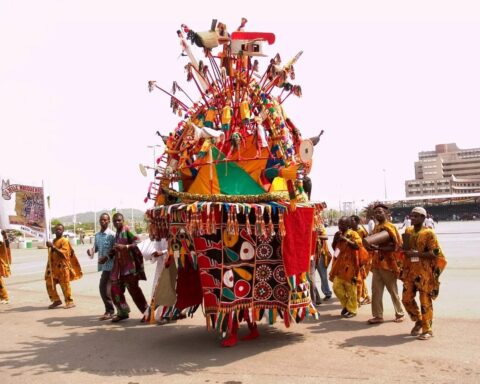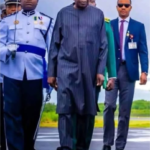Governance in Nigeria is often seen in two basic displays – principality and predatory behaviours. These terms explain very well why leadership has struggled to provide for the needs of ordinary citizens.
Principality refers to a situation where a few individuals or groups dominate the political and economic systems of the country. The principalities often are powerful politicians, families, or elites who remain influential over decades. They make decisions for their own selfish end, leaving little room for socio-economic changes or progress.
While the predatory governance manifestation describes how leaders exploit the system for personal gain, the predator leader would not care about serving the people, as he steals from the public purse, gathers wealth, and suppresses opposition. The results of these kinds of leadership are issues such as corruption, under-development, and distrust of government institutions.
In practical sense, a principality may enable predators to thrive by creating systems where power is centralised and unchecked, allowing for exploitation to continue. By pursuing a patronage system, weakening governance and institutional structures, the principality model sets in motion an enabling environment for enthroning the rent extraction and patronage networks of the predator leaders.
These two behaviours together create a vicious cycle in which the lever of power remains with a few, while the general populace suffer the consequences of such elements undermining effective governance and social welfare.
Prof Olusegun Sogbesan is Founder, Director-General of Onitsha Business School



























